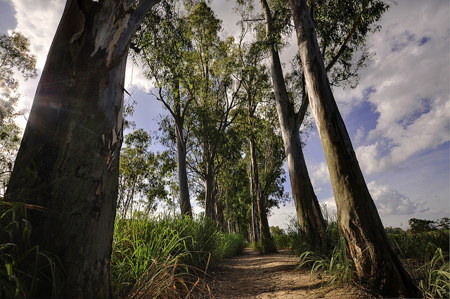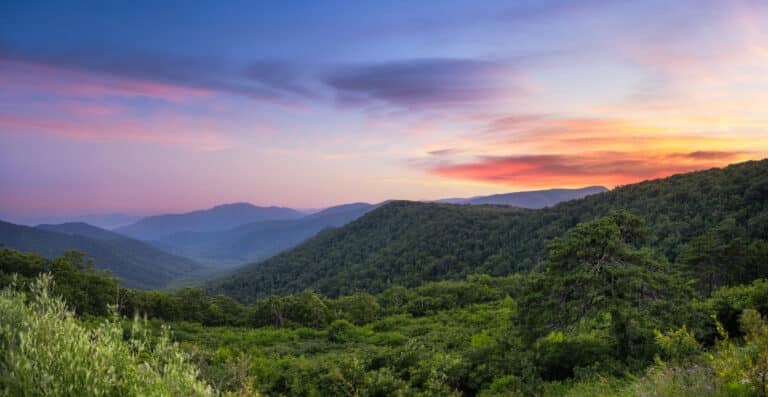Dear EarthTalk: While working to protect public land from resource extraction and development seems to be the focus of many environmental groups, what is being done to preserve and protect private property—the majority of our land—across the country?
– Jim Friedland, Bath, ME
Indeed, private property makes up about 60 percent of the total land base across the United States. In 42 states there is more private land than public, and by a wide margin in most cases. (Only Alaska, Nevada, Utah, Idaho, Oregon, Arizona, Wyoming and California have more public land—that is, land owned by a federal, state, county or municipal government—than private.) Of course, all this private land isn’t just the parcels where our houses sit. It includes most commercial, industrial and agricultural lands as well.
What we each do on our own private property may be our own business, but whether and how we take care of it does impact the public good and the health of ecosystems near and far. One way each of us can do our part is by cultivating native plants and landscaping around our homes and businesses to increase habitat for local wildlife. As development slowly but surely swallows up open space, every backyard counts. The National Wildlife Federation’s (NWF’s) Certified Wildlife Habitat program provides homeowners with information and inspiration to make their backyards part of the solution.
Meanwhile, millions of Americans have used local land trusts to put conservation easements on their properties that preclude future development. The Washington, DC-based Land Trust Alliance serves as a clearinghouse for information on obtaining conservation easements and other private land protections through one of the 1,700 local land trusts across the country. And the Virginia-based Nature Conservancy has helped protect upwards of 15 million acres of private land across the U.S. by buying at-risk parcels, putting conservation easements on them and seeing that they are managed sustainably moving forward.
As for conservation on working lands, the American Farmland Trust has helped thousands of farmers and ranchers across the country protect over five million acres of private agricultural and grazing land through conservation easements and other tools designed to limit the conversion to non-agricultural uses.
There are also smaller regionally focused groups that work on private lands conservation. Stewardship Partners works with Washington state homeowners and businesses to restore fish and wildlife habitat, improve water quality, protect open space and “green up” the built environment while maintaining working landscapes of farms, forestland and livable communities. The group has helped hundreds of farms and vineyards across the state identify ways to restore otherwise unproductive lands for the betterment of local ecosystems, and is helping thousands of homeowners across the state install “rain gardens” that utilize rainfall to save water and reduce run-off pollution in and around the Seattle area.
Another pioneering private lands conservation group, the Pacific Forest Trust, works with owners of private forestlands throughout California, Oregon and Washington to preserve working forests and keep sustainable forest practices alive and well in some of the country’s most productive timber forests. To date the group has helped conserve upwards of 50,000 acres of private forestland in the region through conservation easements and other means.
For more information on the issue, click here.








